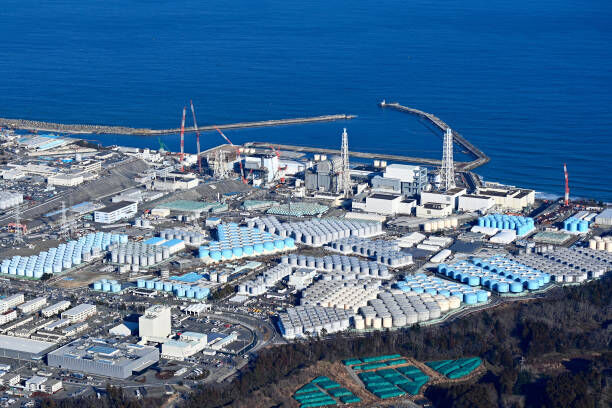China Vows to Take Action over Japan’s Release of Radioactive Water
The Chinese customs agency said it had already banned imports of seafood from 10 prefectures around Fukushima and Tokyo and will extend the ban if necessary. It also said it has set up an inter-agency task force to monitor and investigate imports of food from Japan.
The Chinese customs agency said it will continue to monitor and assess the situation, step up inspections of imported Japanese food, and take all necessary measures to ensure food safety.
The agency said it had already banned imports of seafood from 10 prefectures around Fukushima and Tokyo and will extend the ban if necessary. It also said it has set up an inter-agency task force to monitor and investigate imports of food from Japan.
China has urged the international community to take effective measures to prevent and mitigate the potential harm from the release. The Chinese Ministry of Ecology and Environment also said it was monitoring the situation closely and had set up an emergency response mechanism with relevant departments to safeguard the safety of the Chinese public and environment.
The Chinese government has warned that it will take "all necessary measures" to protect its citizens and the environment from the potential risks of the radioactive water release from the Fukushima nuclear plant in Japan.
It has already imposed a ban on seafood imports from 10 prefectures, including Fukushima and Tokyo, and has set up an inter-agency task force to monitor and investigate imports of food from Japan.
It has also urged the international community to take effective measures to prevent and mitigate the potential harm from the release. The water release is due to start in coming weeks and take up to 40 years, so it is essential for China to remain vigilant during this period to ensure the safety of its citizens and environment.




